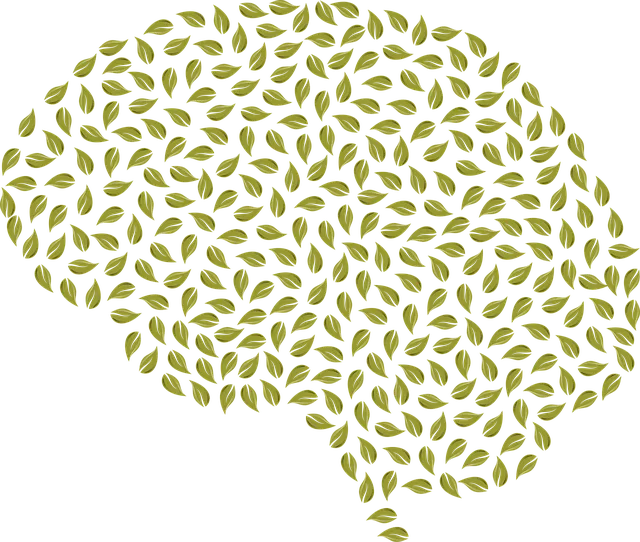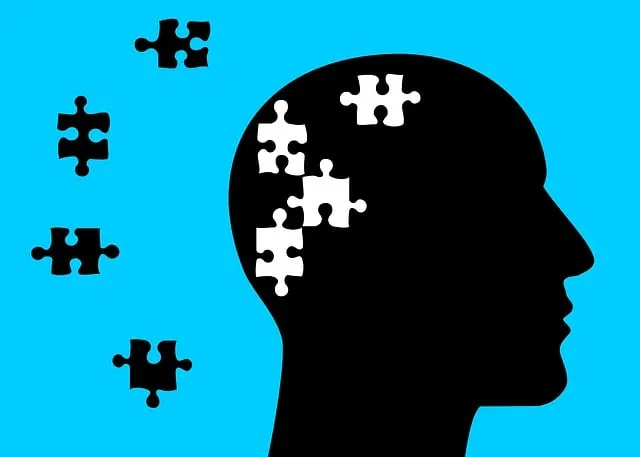The Kaiser Permanente mental health facility in Englewood focuses on holistic wellness by integrating physical and mental healthcare. It offers diverse programs based on evidence and innovative techniques to support individual needs, enhancing recovery and long-term mental wellness management. Their evaluation method combines quantitative data from surveys and interviews with qualitative insights from focus groups and case studies to continually refine services. They also measure community impact through initiatives like Depression Prevention and Community Outreach, utilizing patient outcomes and feedback for strategic improvements.
Mental wellness programs are essential components of modern healthcare, and effective evaluation methods are crucial for gauging their success. This article explores various techniques used to assess such programs, focusing on the unique approach adopted by Kaiser Permanente’s mental health facilities. By examining the case of Englewood, we highlight how specific evaluation methods can measure program effectiveness and drive continuous improvement. Discover tools that enable healthcare providers to track progress, identify areas for enhancement, and ultimately improve patient outcomes.
- Understanding Kaiser Permanente's Mental Health Facility Approach
- Evaluation Methods: Tools and Techniques for Measuring Success
- Englewood's Impact: Assessing Program Effectiveness and Growth
Understanding Kaiser Permanente's Mental Health Facility Approach

Kaiser Permanente’s Mental Health Facility in Englewood takes a holistic approach to wellness, focusing on both physical and mental health as interconnected aspects of overall well-being. The facility offers a comprehensive range of services aimed at addressing various mental health concerns. This includes specialized programs for Depression Prevention, Anxiety Relief, and Inner Strength Development, tailored to meet the unique needs of each individual.
The engaging and supportive environment fosters recovery through evidence-based practices and innovative therapeutic techniques. By integrating these methods, Kaiser Permanente empowers individuals to navigate their mental health journeys effectively. This approach not only treats symptoms but also equips clients with resilience and coping strategies for long-term mental wellness management.
Evaluation Methods: Tools and Techniques for Measuring Success

The evaluation of mental wellness programs is a multifaceted process that involves diverse tools and techniques to assess success at Kaiser Permanente mental health facility Englewood. These methods are crucial in understanding the effectiveness of interventions aimed at promoting emotional well-being, such as Depression Prevention strategies. Surveys, questionnaires, and interviews are powerful tools that gather firsthand feedback from participants, providing insights into their perceived improvements in areas like Emotional Regulation.
Moreover, qualitative assessments, including focus groups and case studies, offer rich narratives that complement quantitative data. These methods help identify specific techniques within the program that resonate with individuals, fostering a more personalized approach to mental health care. By combining these evaluation strategies, Kaiser Permanente can continuously refine its programs, ensuring they remain evidence-based and aligned with the evolving needs of its diverse clientele.
Englewood's Impact: Assessing Program Effectiveness and Growth

At the Kaiser Permanente mental health facility Englewood, evaluating program effectiveness and growth is a multifaceted process that goes beyond mere numbers. The impact of their initiatives extends far into the community, transforming lives through programs like Depression Prevention and Community Outreach. These efforts not only address immediate mental health needs but also foster long-term emotional healing processes, making Englewood a beacon of hope for many.
By assessing patient outcomes, satisfaction rates, and program reach, Englewood gains valuable insights into what works best. This data-driven approach allows them to refine their strategies, ensuring continuous improvement. Community engagement plays a pivotal role in this evaluation process, as feedback from participants and their families helps identify areas of strength and weakness in the programs, enabling them to better cater to diverse needs.
The evaluation of mental wellness programs, such as those employed by Kaiser Permanente and exemplified by Englewood’s success story, is a multifaceted process. By utilizing various tools and techniques, organizations can accurately measure the impact and growth of their initiatives. This comprehensive approach ensures that resources are allocated effectively, fostering continuous improvement in mental health support. Through case studies like Englewood, it’s evident that investing in robust evaluation methods directly contributes to positive outcomes for individuals seeking mental wellness services.






